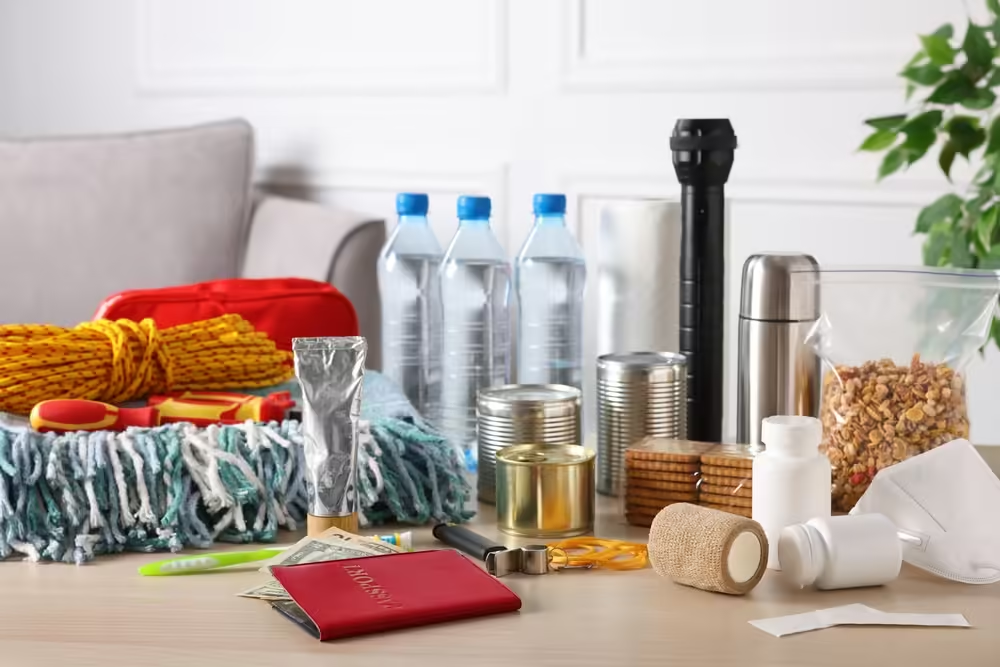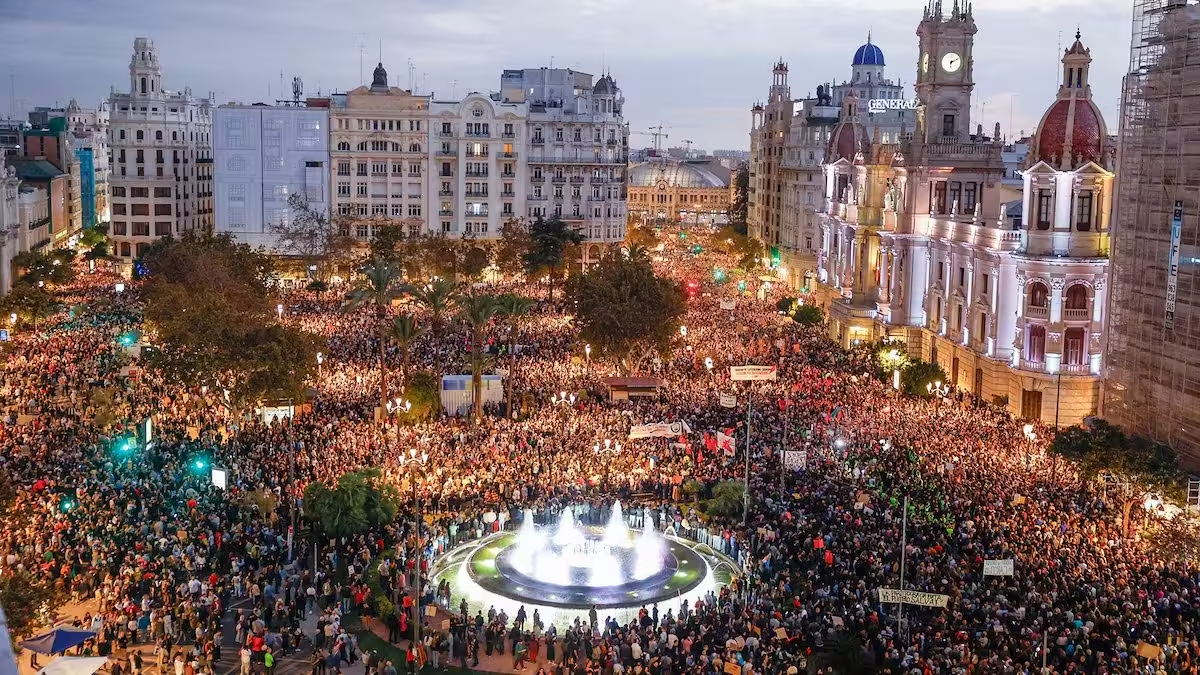Should You Be Preparing for an Emergency? The EU Says Yes
On March 25, 2025, the European Commission introduced a new plan called the Union Preparedness Strategy. The strategy aims to help Europeans be ready for emergencies, whether it’s a climate disaster, a major cyberattack, or other crises. It’s not about alarming people but encouraging everyone to take practical steps to be better prepared for unexpected situations.
What Does the EU Want Us to Do?
One of the key parts of the Union Preparedness Strategy is that the European Commission is asking citizens to make sure they are prepared to handle an emergency for at least 72 hours. This means having basic supplies like:
- Food and water for a few days:
- Ideally, non-perishable foods that don’t require refrigeration or cooking. Good options include:
- Canned foods (beans, tuna, vegetables, fruit)
- Dried foods (pasta, rice, lentils)
- Long-lasting snacks (nuts, granola bars, crackers)
- Powdered milk or long-life milk
- Instant coffee or tea
- High-energy foods like peanut butter or protein bars
- Ideally, non-perishable foods that don’t require refrigeration or cooking. Good options include:
- Medications and any medical supplies you might need
- A battery-powered radio to stay updated
- Flashlights, batteries, and other essentials
The idea is to have these items at home, so you don’t need to rely on immediate government assistance when a crisis hits. This is about making sure people can manage on their own until help arrives.
Why Is This Strategy Important?
This new plan is partly a response to growing challenges in Europe, especially climate change and rising geopolitical tensions. In recent years, Europe has faced floods, wildfires, heatwaves, and energy shortages, such as the DANA flooding in Spain earlier this year, which caused more than 200 deaths in Valencia alone. This tragedy highlighted the urgent need for preparedness, especially in areas where emergency help may take longer to arrive.
The EU’s strategy also highlights the need for stronger coordination between European countries when it comes to managing resources like food, medicine, and energy during an emergency. The goal is to make sure that resources are available to everyone, even during large-scale crises.
What’s the EU Doing to Help?
Alongside encouraging people to prepare, the Union Preparedness Strategy also calls for better planning across the EU. The Commission is working on:
- Creating a digital platform for real-time emergency updates
- Setting up strategic reserves of essential supplies like food, medicines, and energy
- Boosting investment in civil protection services, like fire departments and medical teams, to make sure they are ready to act quickly
How Is This Being Reported in Spain?
Spanish media, including well-respected Spanish newspapers, have picked up on the Commission’s call for preparedness. The general message is clear: the EU is encouraging everyone to be proactive, without causing panic. Instead of waiting for governments to provide help immediately, the strategy empowers people to take care of themselves during the first days of a crisis.
Experts have said that the strategy is an important step in strengthening Europe’s ability to cope with future emergencies. While it’s not about causing alarm, it’s a reminder that unexpected events can happen, and being prepared can make a big difference.
Strengthening our preparedness is a matter of urgency.
— European Commission (@EU_Commission) March 26, 2025
Today, we’ve launched the Preparedness Union strategy to help Europe anticipate, prevent, and respond to crises.
From cybersecurity threats to natural disasters, we must be ready.
↓
Why Is This Strategy Being Released Now?
The Union Preparedness Strategy comes at a time when Europe is dealing with a combination of climate-related and geopolitical challenges. In recent years, the continent has been hit by severe weather events such as devastating wildfires, floods, and heatwaves as mentioned above. These extreme conditions have put pressure on governments and emergency services to respond quickly, but the EU is aiming to prepare its citizens for when help may take longer to arrive.
On the geopolitical front, the situation is also contributing to the need for greater preparedness. The ongoing war in Ukraine has not only sparked significant loss of life and political instability but has also created serious ripple effects on European security and resources. The war has disrupted energy supplies across the continent, particularly in terms of natural gas, which many EU countries relied on from Russia. This has caused energy shortages and higher prices, raising concerns about Europe’s ability to handle further disruptions or economic instability.
Additionally, international tensions involving China, the Middle East, and other areas of the world are also causing uncertainty. The EU is focused on securing its supply chains and making sure that disruptions to essential goods, like food, medicine, and energy, don’t cause widespread harm to its populations. With growing threats and shifting alliances, the European Union is positioning itself to be more self-reliant and resilient in the face of unpredictable events, both natural and man-made.
By releasing the strategy now, the European Commission is acknowledging that current global and local events demand that we be prepared for more than just weather-related disasters.
What Does This Mean for Us?
For European citizens, this is a clear reminder to take small, practical steps to prepare for emergencies. While we may not face a crisis every day, being ready with basic supplies and knowing where to get information when needed can make all the difference.
The Union Preparedness Strategy shows that the European Commission is serious about Europe’s safety in uncertain times, but it’s also giving people the tools they need to feel more secure and prepared. Read the full strategy here
With the EU‘s new preparedness strategy now in place, we want to hear what you think. Do you agree with the advice to stockpile supplies at home? Is this a helpful measure, or do you feel it’s an overreaction? Why do you think the EU is releasing this strategy now, and how do you think it impacts Spain, especially after recent events like the DANA flooding? Share your thoughts with us in the comments…
Main image: Shutterstock/New Africa
Share this content:




4 comments